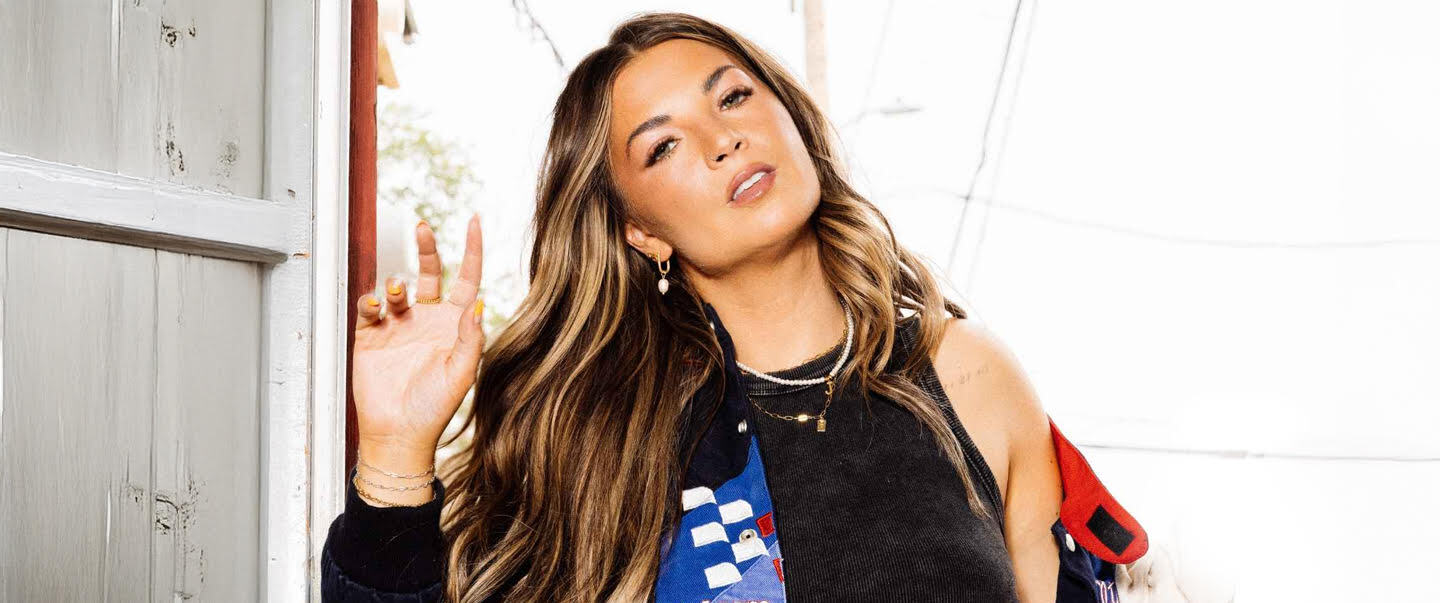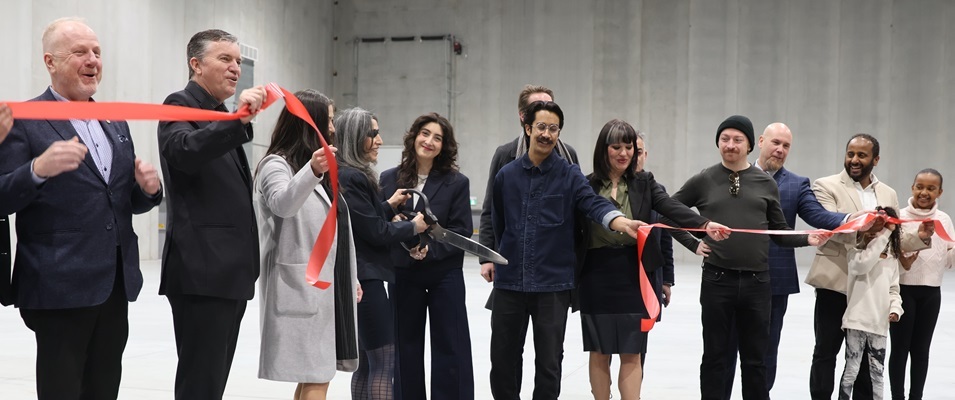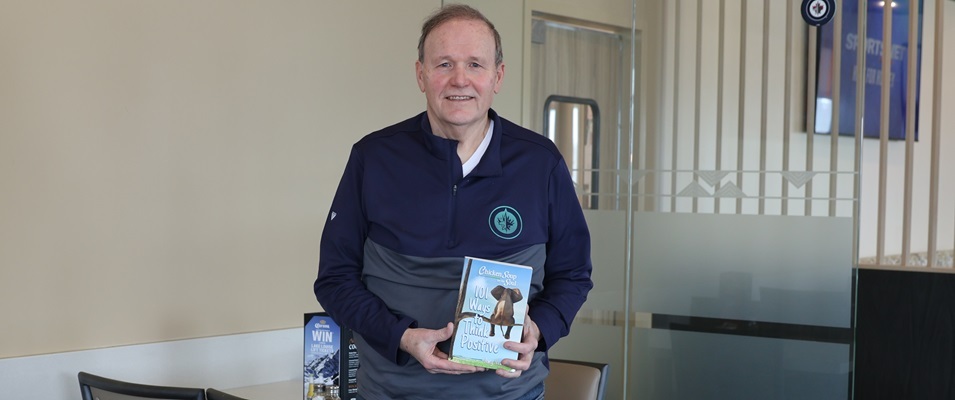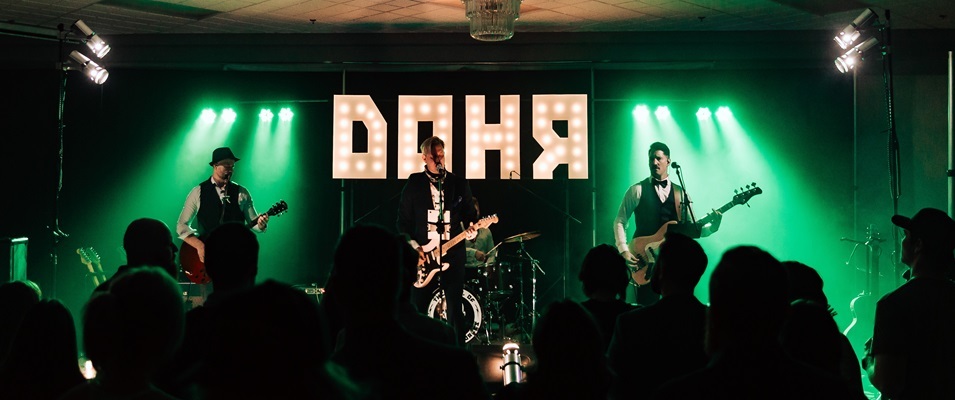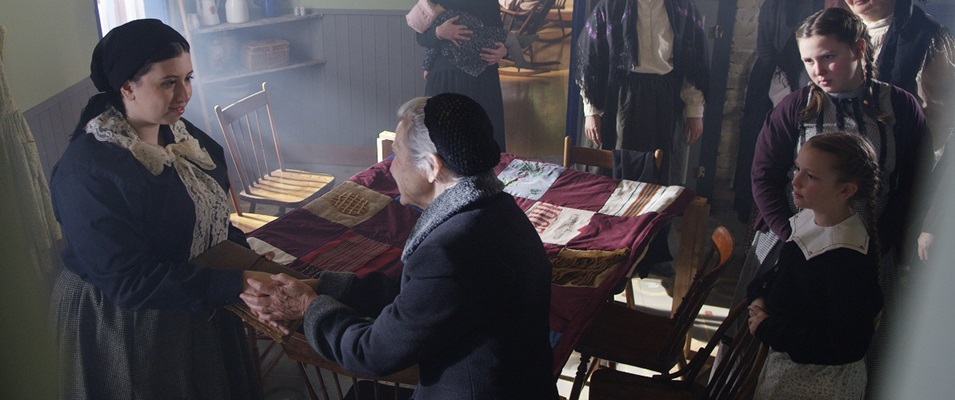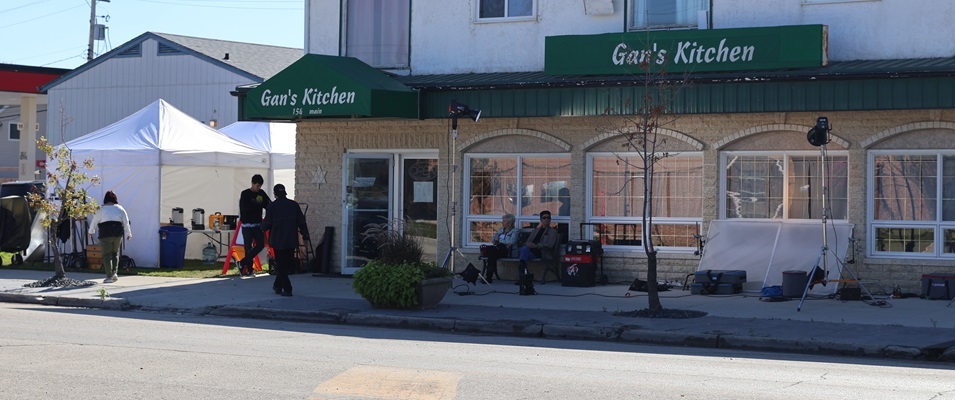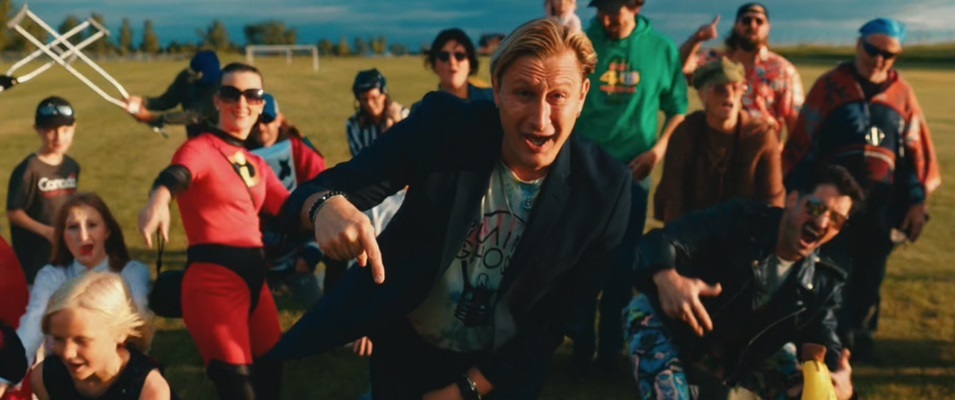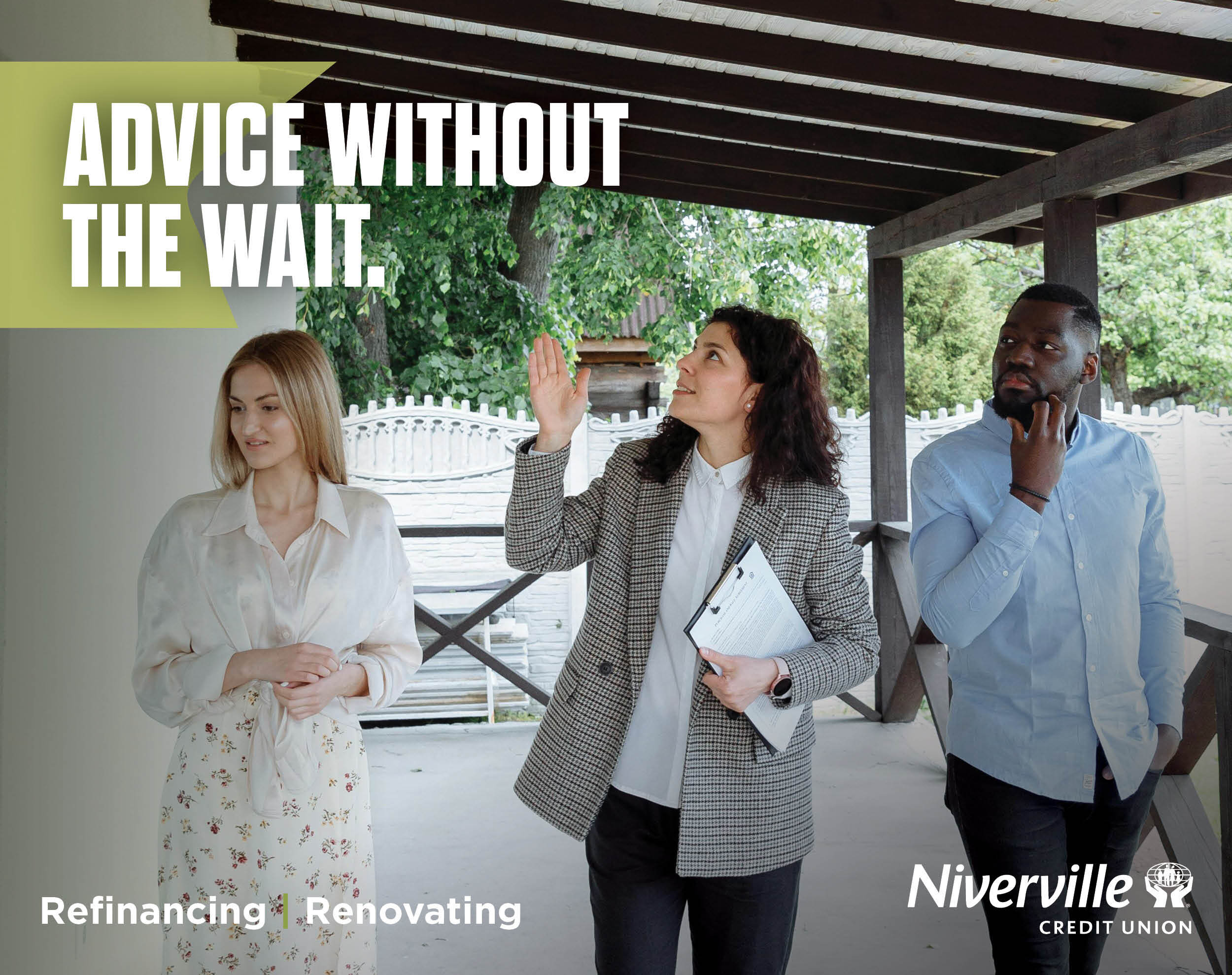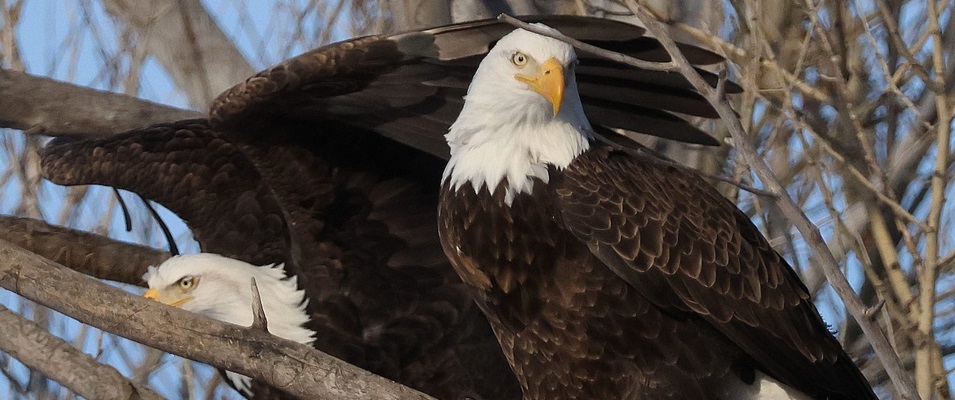
Jen Normand of New Bothwell is a country girl at heart, and nowhere is this more in evidence than her passion for nature photography. She may not pursue this passion full-time—after all, she has only been doing this for the past few years and it doesn’t quite manage to pay the bills—but that doesn’t stop her from scrounging for every spare minute to spend outdoors. That’s where all the wildlife is, and it’s where her passion finds its truest expression.
“For me, I feel like it’s still a long journey, but it’s an exciting journey,” she says of her growing passion. “We actually do have a lot of animals here in the southeast, like Niverville and New Bothwell. You know, I like to stay near small towns and backroads. That’s where I find all these animals.”
She also travels further afield. Last year, she encountered her first black bear at Bird River.
“That was very exciting for me,” Normand says. “I was floored. I’m holding my camera and I’m shaking out of excitement. My adrenaline is just going. To make eye contact with these animals is incredibly intense and a beautiful experience.”
For those who wonder whether taking pictures of an animal like a black bear is safe, Normand is quick to reassure that she never leaves her vehicle. This means she takes her photos right on the side of the road.
Some of her subjects, like bald eagles—which happen to be her favourite—are perched high up in the trees.
Normand’s big dream is to one day head out to Alaska and photograph the bald eagles to be found there.
“My dad passed away in 2020 and his favourite bird was the bald eagle,” she explains. “So that bird will always have a special place in my heart. This is why I started photography. It was an outlet for me to grieve over my dad.”
Her passion for wildlife came very naturally and was passed down not just from her dad, but also her grandfather. She grew up watching programs like The Nature of Things with David Suzuki. Watching those shows with her dad and grandfather created a special bonding experience, and to this day they help her feel like she’s close to them.
Since 2020, Normand says she has seen the return of many animals to the local area—and not just bald eagles. In general, she’s discovering animals of all kinds.
She loves to head out onto the local backroads, driving ever so slowly as she searches for signs of our abundant wildlife—for example, skunks, bears, coyotes, and foxes.
It’s nothing for Normand to head out into nature for six or seven hours at a time, just looking for that one bird, or that one animal.
“When I do [find them], I could sit with them for one to three hours. Depends how long they allow me to stay with them.”
If that makes you think Normand is a naturally patient person, think again. But she says that photography is helping her to be more patient.
As for equipment, Normand currently uses a Canon R7 with a 100–400-millimetre lens. Her first camera was a Nikon B600, which she says had an incredible zoom lens, but the clarity of the pictures wasn’t quite up to her standards.
She readily admits that she doesn’t excel at technology, so learning how to work a camera has taken time—and she’s still in the process of learning.
So what does it feel like to capture the perfect shot?
“Oh gosh, it’s like winning the lottery. It literally is. I’m shaking. I’m smiling from ear to ear,” she says. “That for me is excitement, pure excitement. The adrenaline is going. I’m shaking while I’m holding the camera because I am so excited.”
While Normand has yet to go public with her work, she recently donated a couple of canvases to the Wildlife Haven Rehabilitation Centre in Île-des-Chênes. They will be hosting an auction of two of her pieces on February 14–23.
This will be a first for her.
“Initially, I got into photography for my own mental health,” she says. “But people are liking these photos, which totally took me off-guard. I was not expecting any of this. It was just a for-me thing.”
In the end, she feels it’s so important for people to respect the wildlife that surrounds them.
“That’s the biggest thing. Respect and admire what we have here, because the world can get very ugly. But take a moment to stop and smell the roses. I mean that literally. We have a lot of beautiful animals out there. Manitoba is beautiful!”





